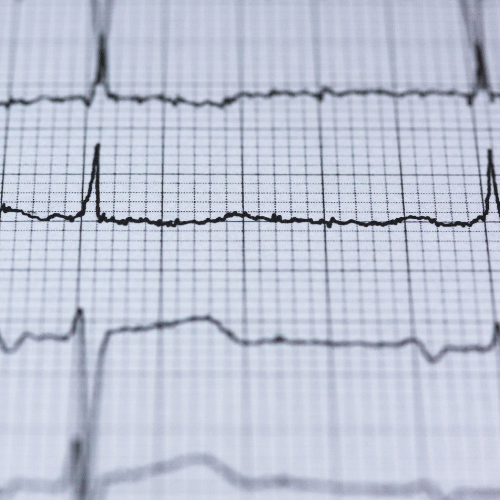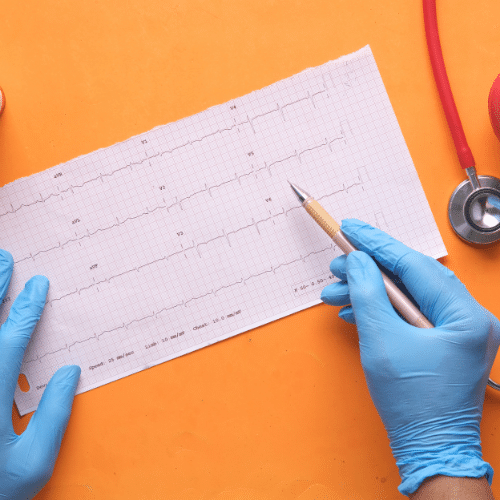Echocardiogram. An echocardiogram, or “echo“, is a scan used to look at the heart and nearby blood vessels. … Although it has a similar name, an echocardiogram is not the same as an electrocardiogram (ECG), which is a test used to check your heart’s rhythm and electrical activity.
An echocardiogram, or “echo”, is a scan used to look at the heart and nearby blood vessels.
It’s a type of ultrasound scan, which means a small probe is used to send out high-frequency sound waves that create echoes when they bounce off different parts of the body.
These echoes are picked up by the probe and turned into a moving image on a monitor while the scan is carried out.


An echocardiogram may be requested by a heart specialist (cardiologist) or any doctor who thinks you might have a problem with your heart, including your GP.
The test will usually be carried out at a hospital or clinic by a cardiologist or a trained specialist called a cardiac physiologist.
Although it has a similar name, an echocardiogram is not the same as an electrocardiogram (ECG), which is a test used to check your heart’s rhythm and electrical activity.